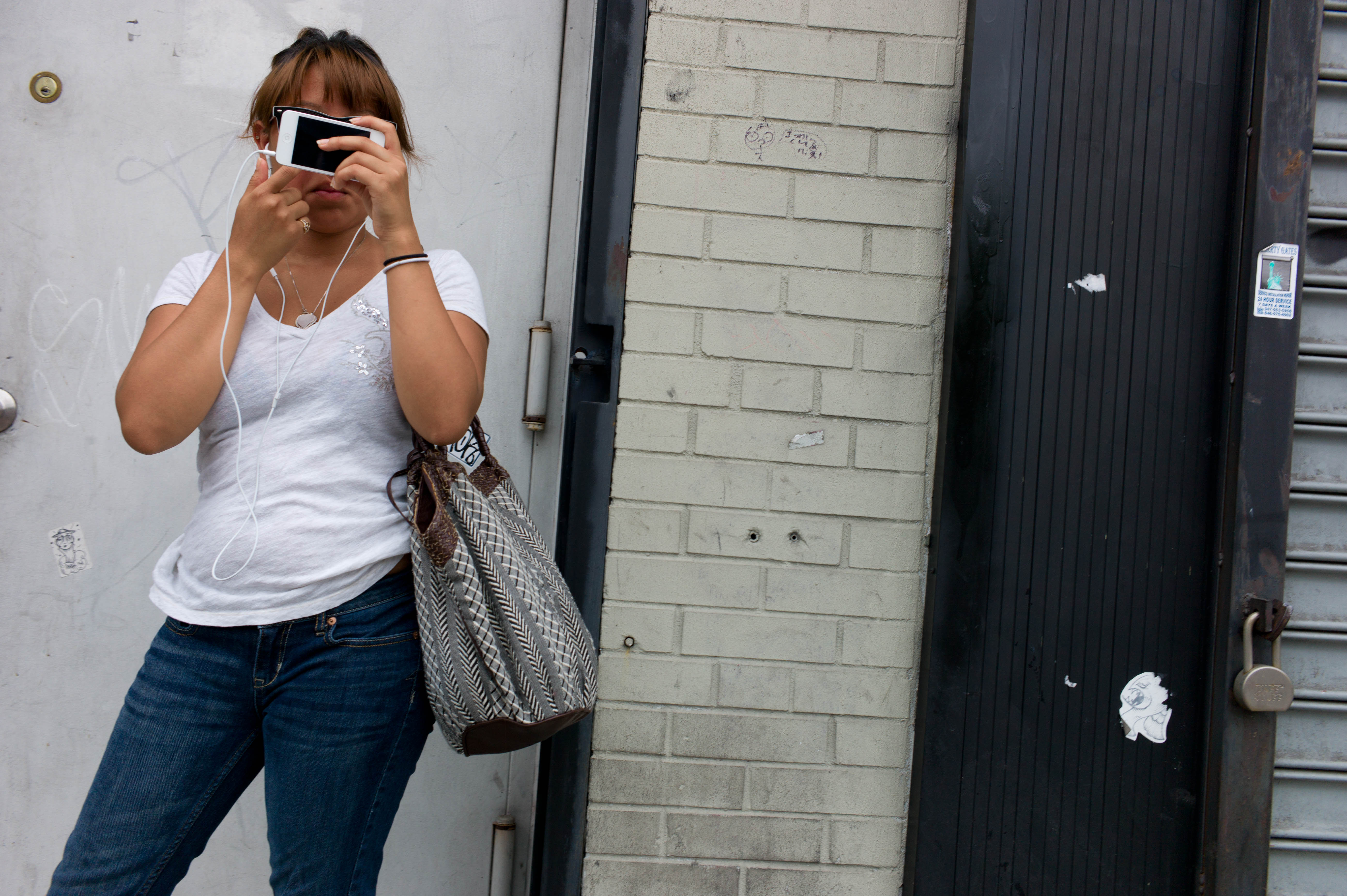Let Slip the Dogs

For most of us the Internet is ubiquitous, unceasing, and essential. We are online, connected and engaged for a significant portion of our lives. We work online, we play online, we love online; our lives are intermediated with networked technology. While this can be transformative and radically empowering, it can also be incredibly dangerous, particularly for individuals from groups that have historically been subject to discrimination and violence. As the distinction between the online and the offline persona blurs, we are increasingly vulnerable to the worst parts of the Internet and are increasingly unable to escape. There’s an easy temptation to tell people subjected to online harassment to unplug, to disconnect, to step away, but increasingly, online and offline identities are mutually constitutive and impossible to meaningfully separate.
This problem is magnified by the amplifying power of the Internet. One angry troll on Twitter can reach millions. This “one-to-many” speech is difficult to regulate; there are clearly many people who want to hear racist, sexist, and homophobic things on twitter, so it’s not entirely unwelcome. But one-to-many speech easily, almost necessarily, translates into “many-on-one” harassment, where a victim is chosen and the hate of the internet rains down upon them. This becomes particularly dangerous when the victim is doxed, that is, their physical identity is linked to their online identity, putting them at risk of actual violence. Freedom of speech is important, but one-to-many speech so often wreaks real world trauma on its subjects. The design choices and legal decisions that information professionals and the justice system make have real implications for the lives of people living in an online world. We have to do better.